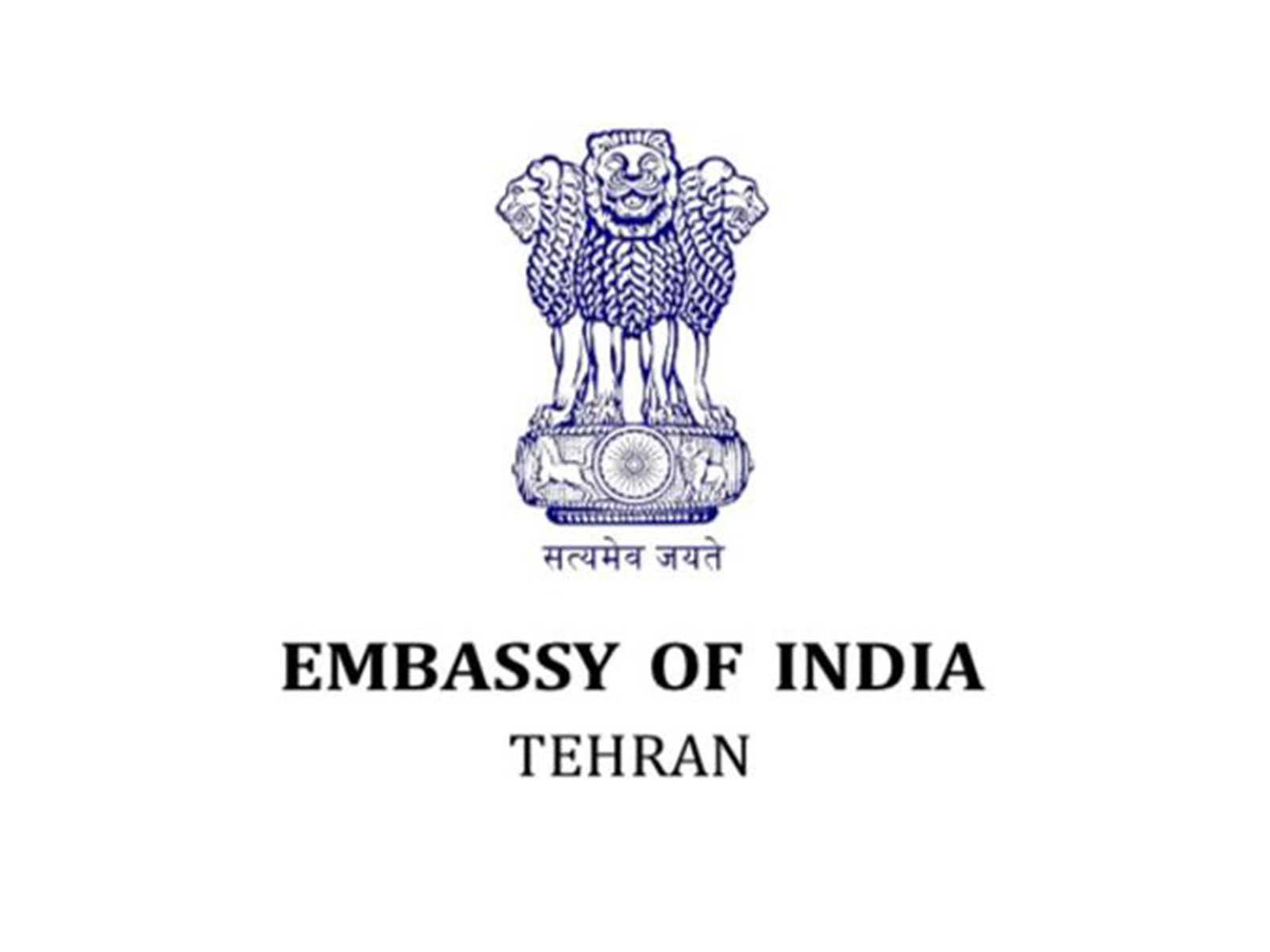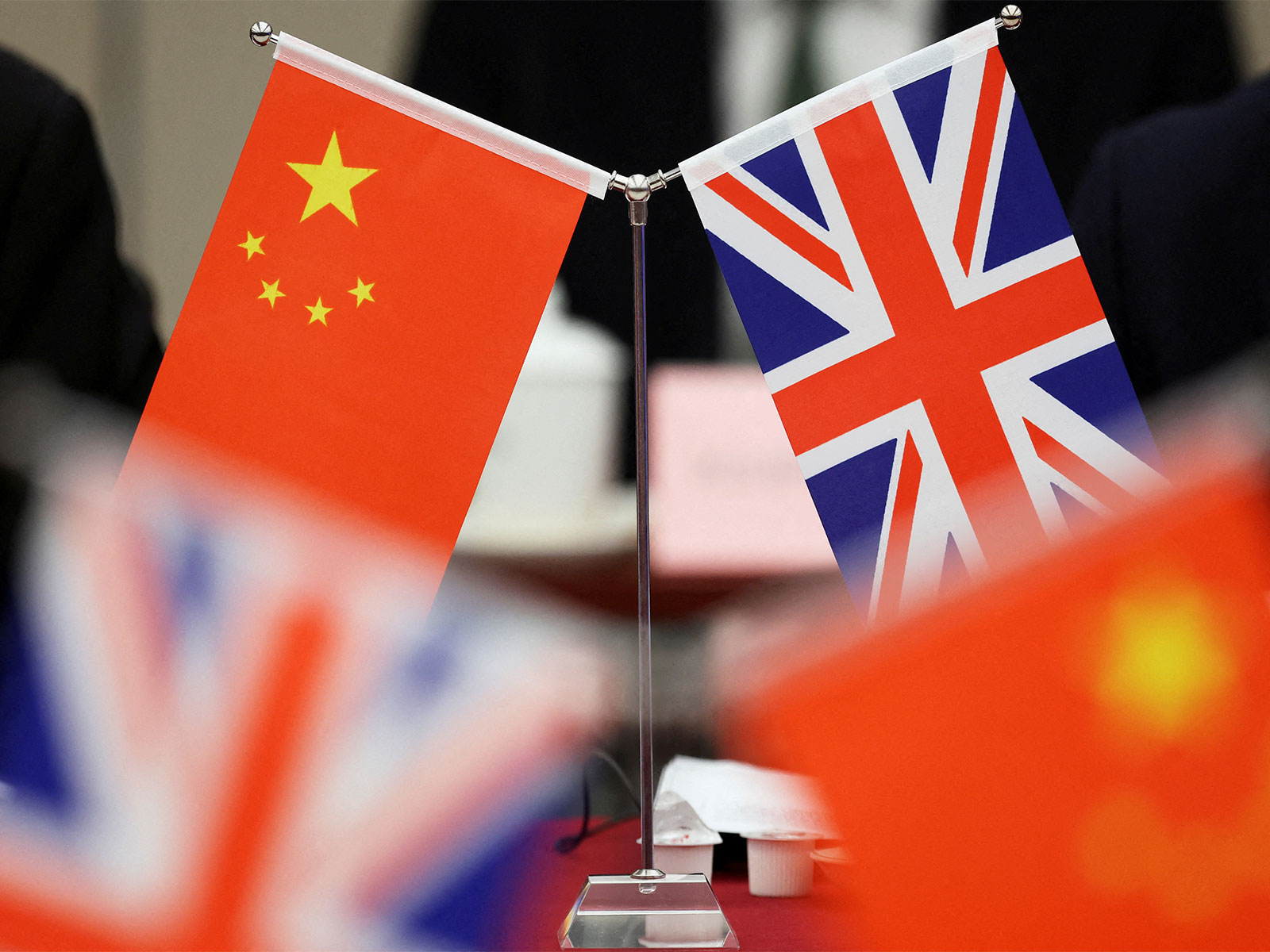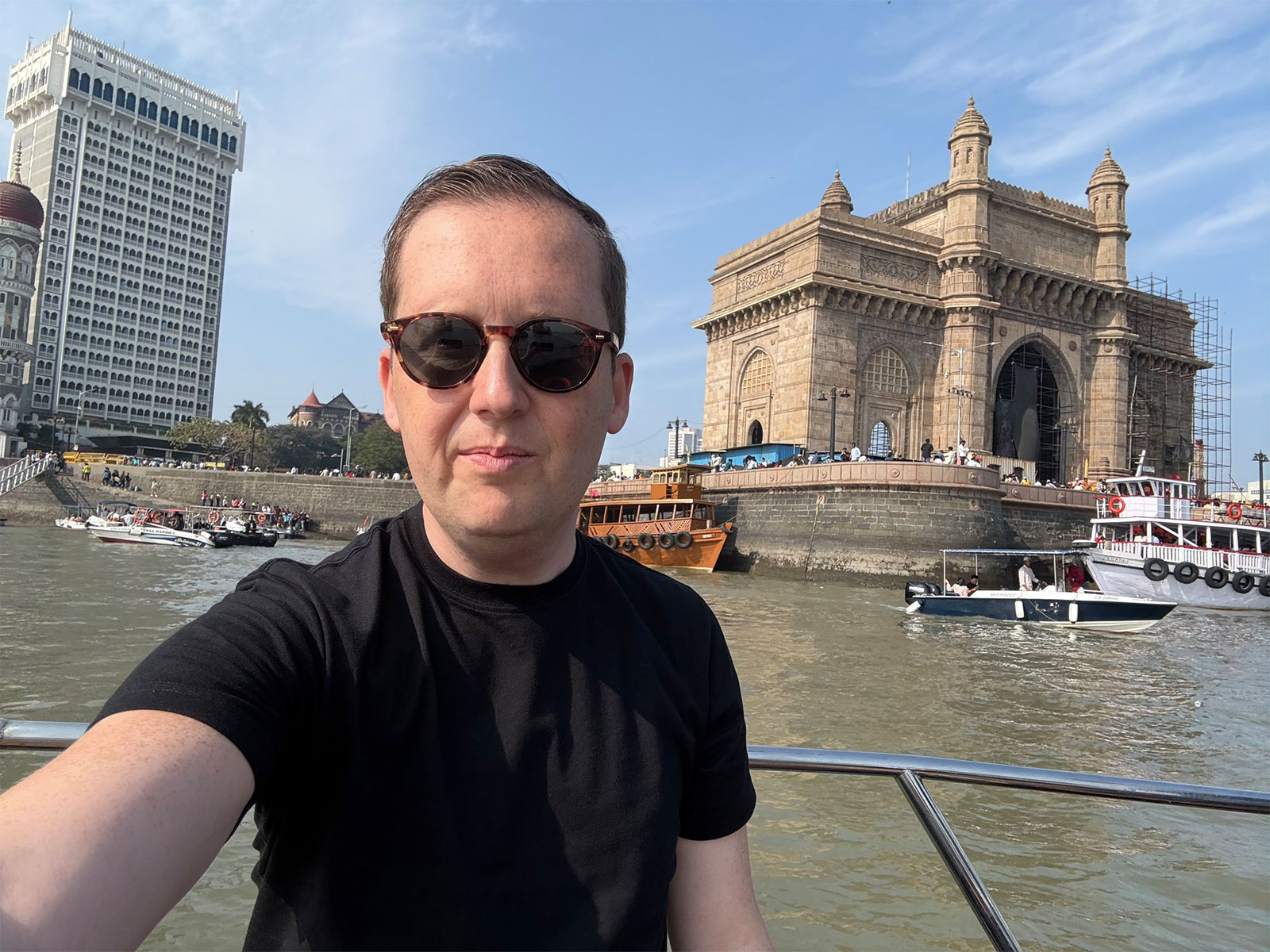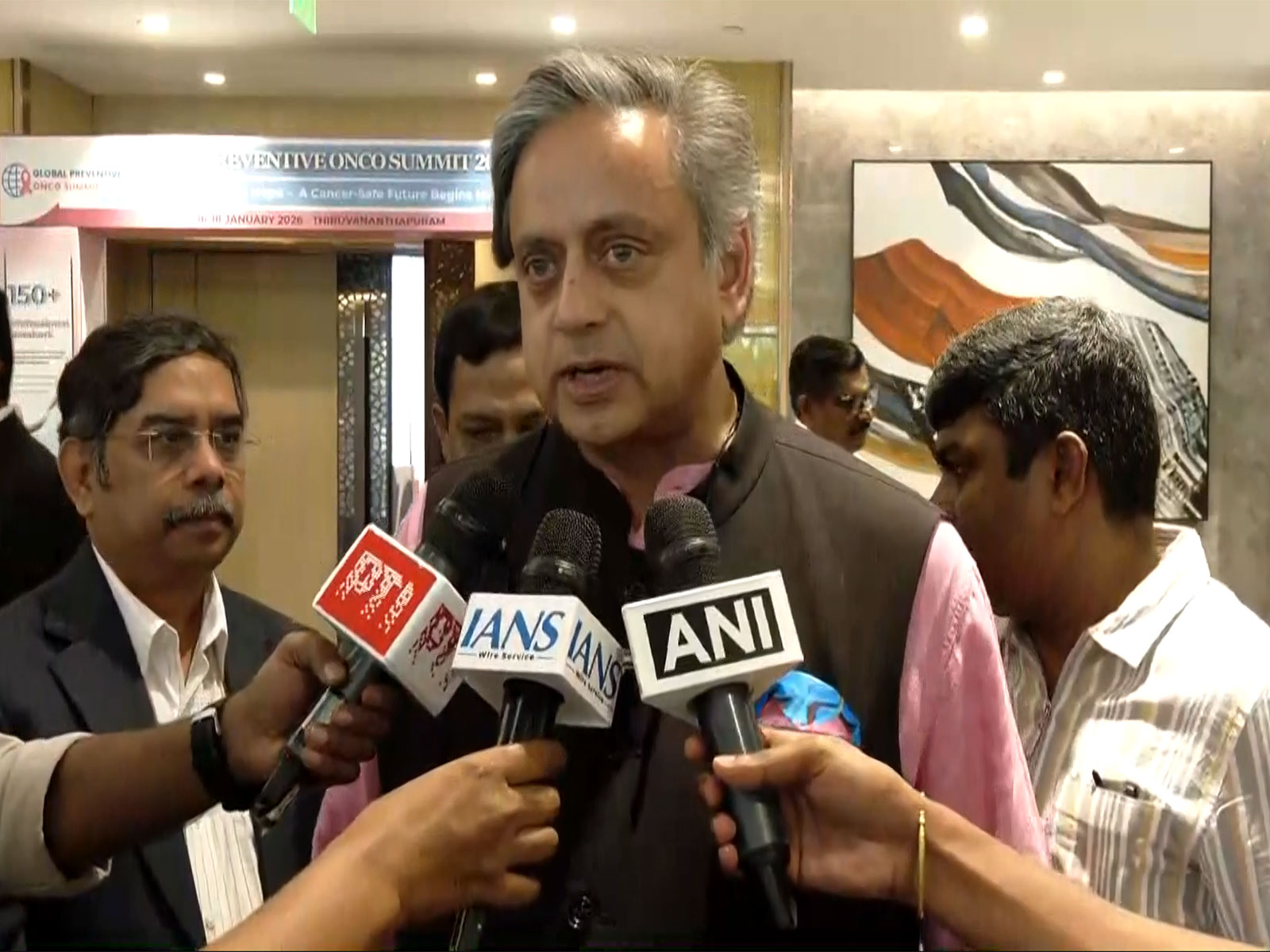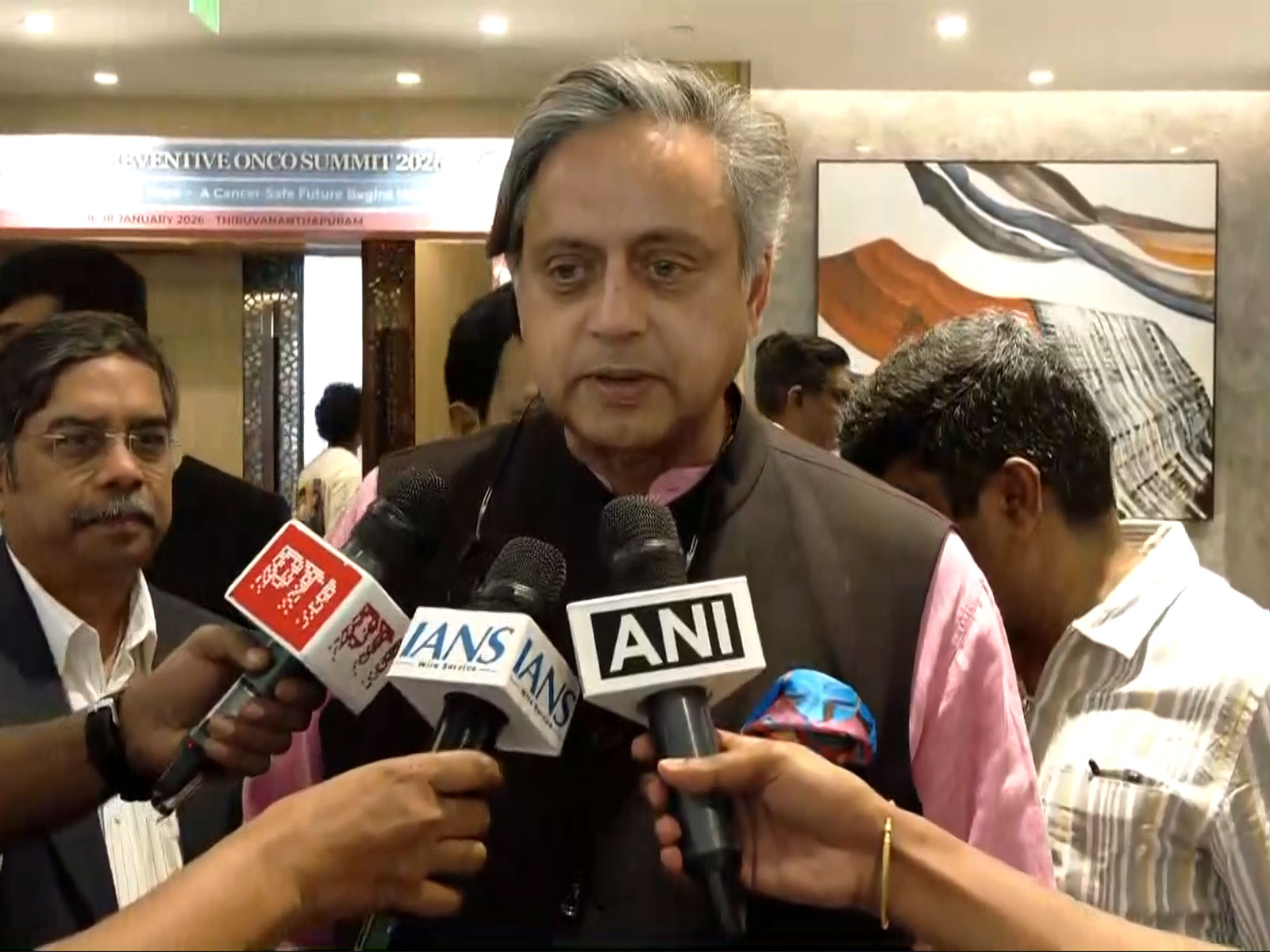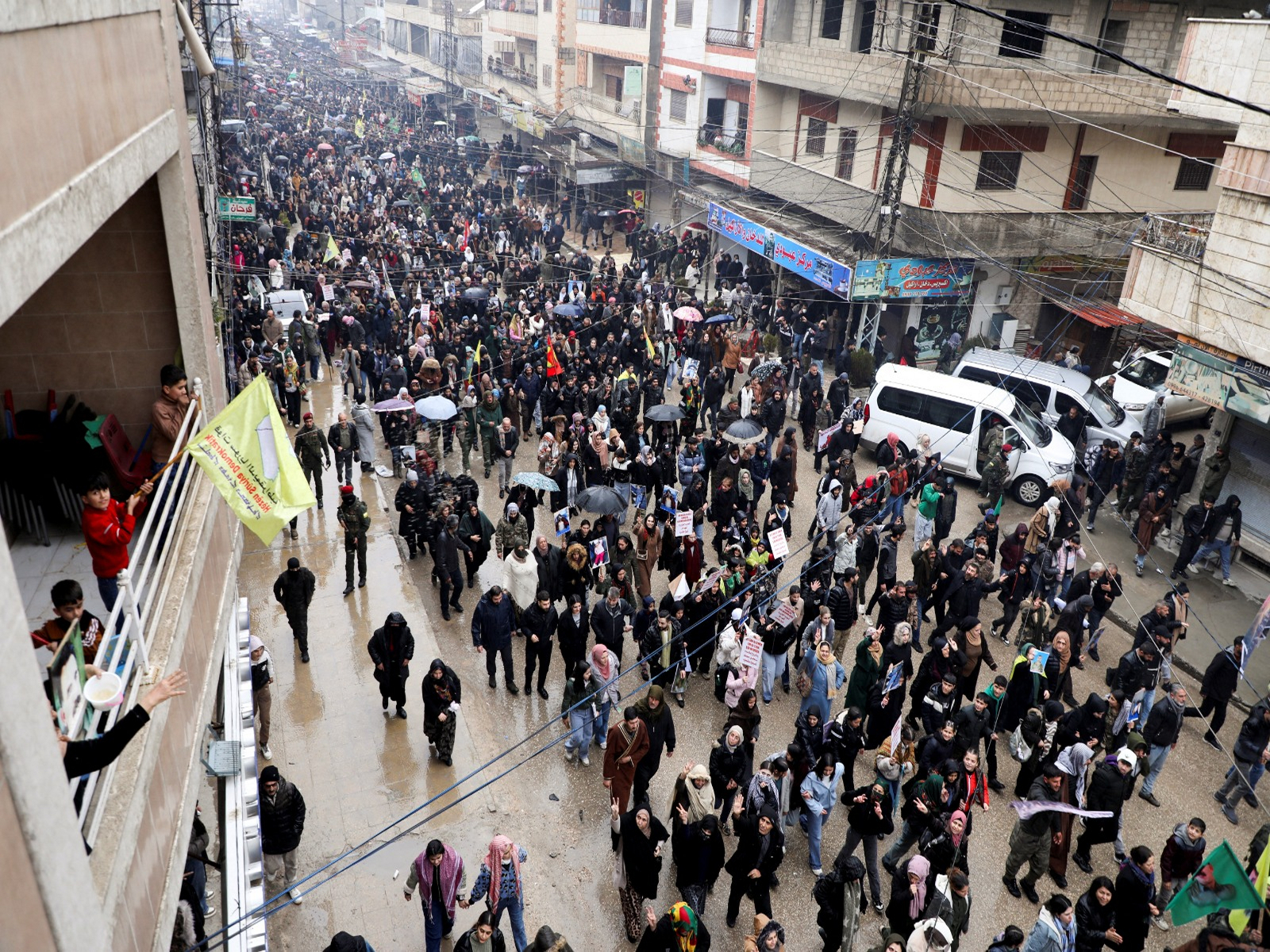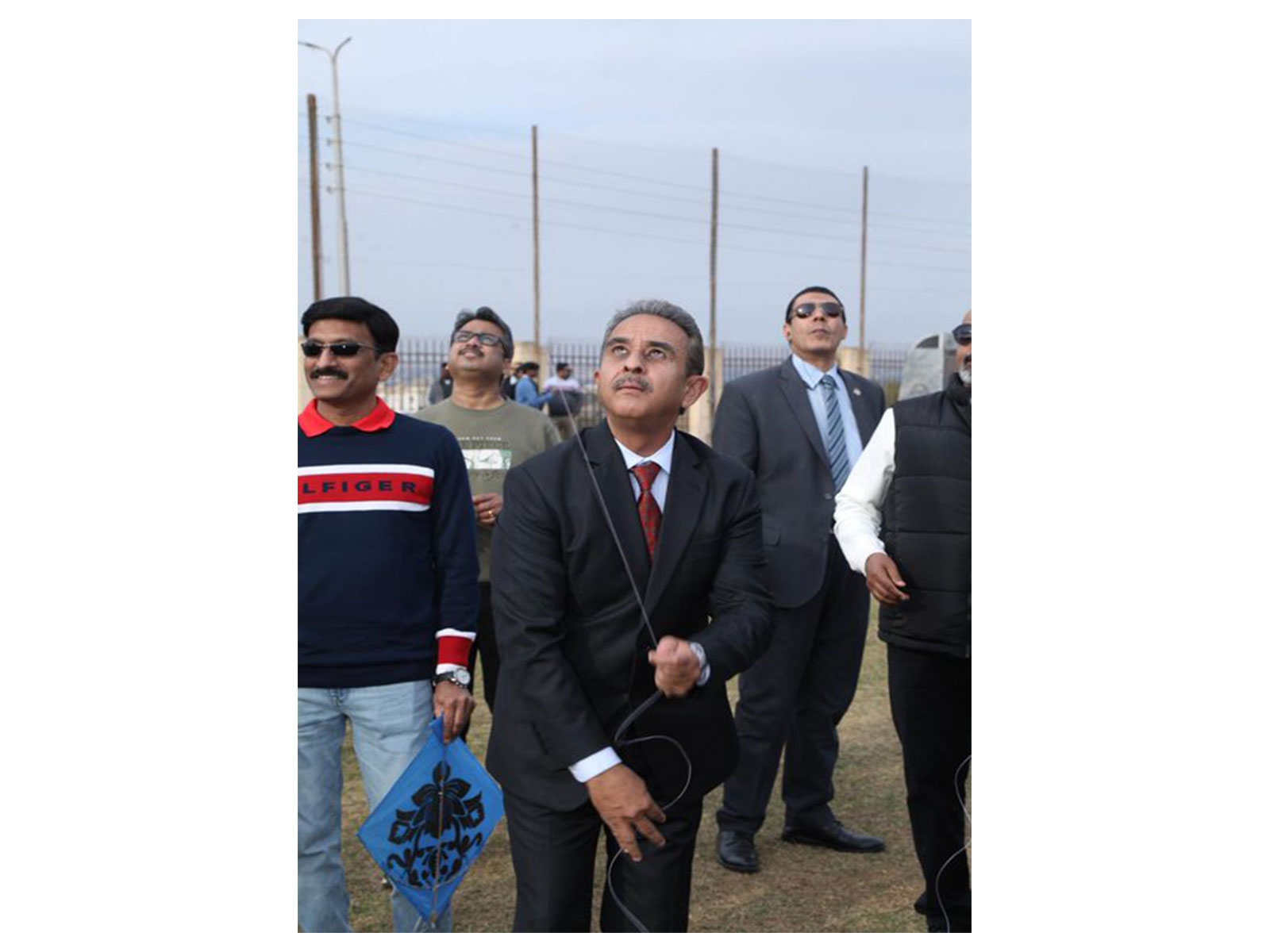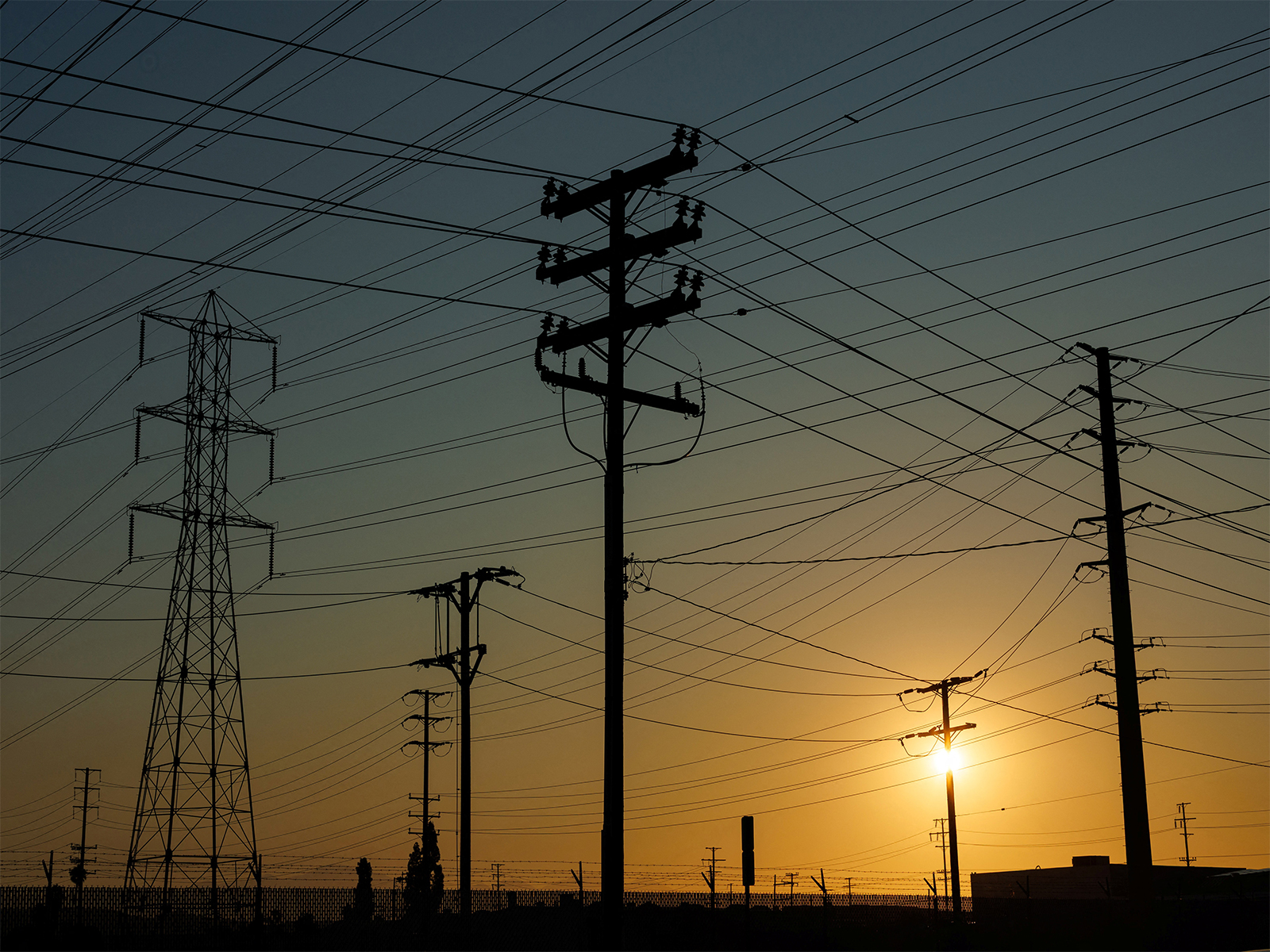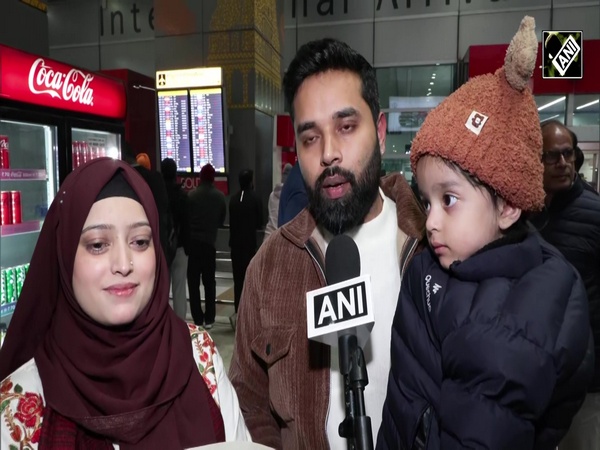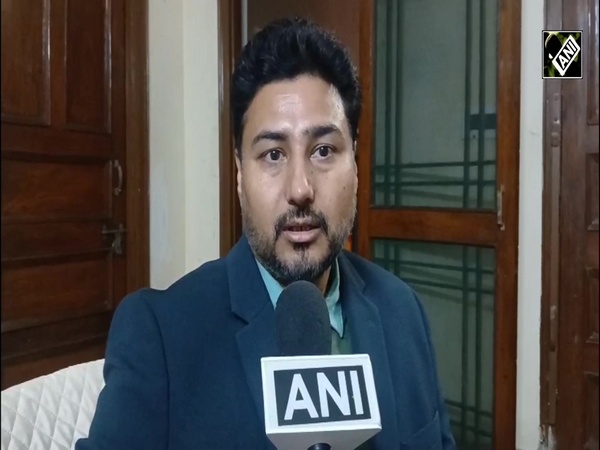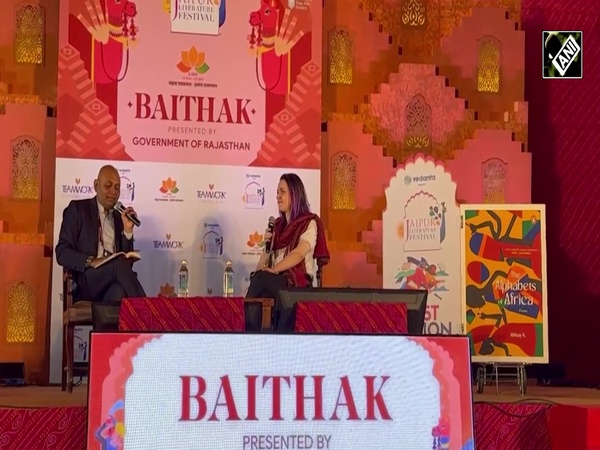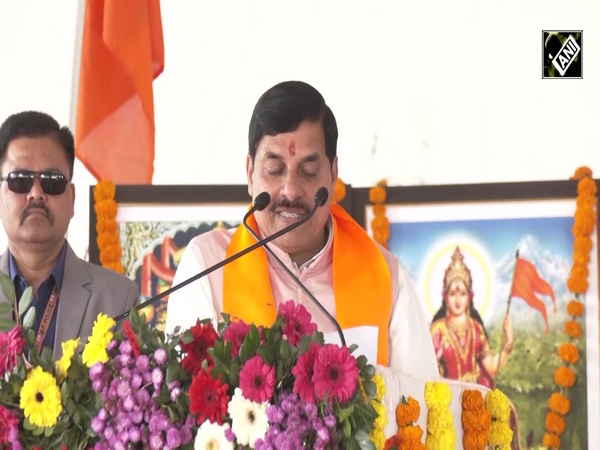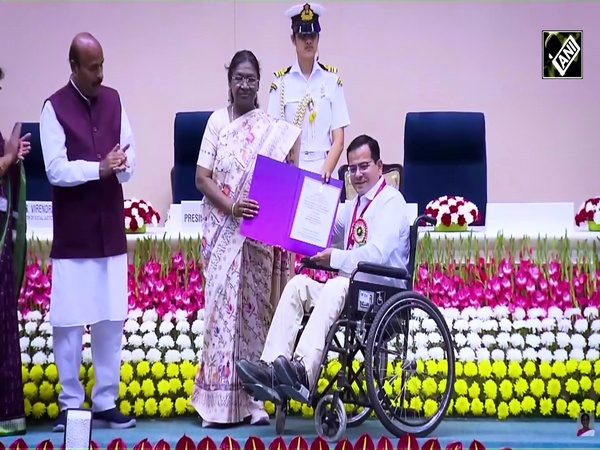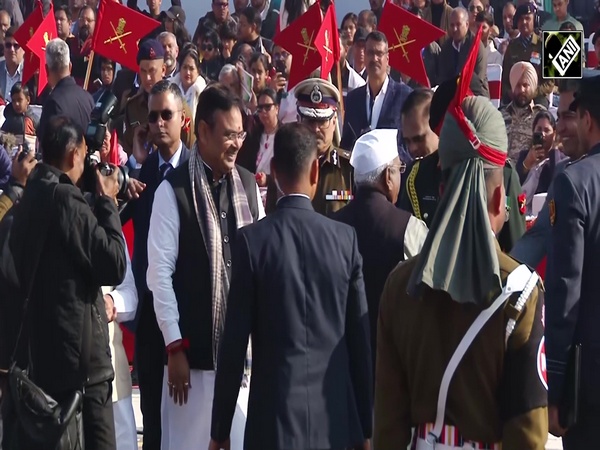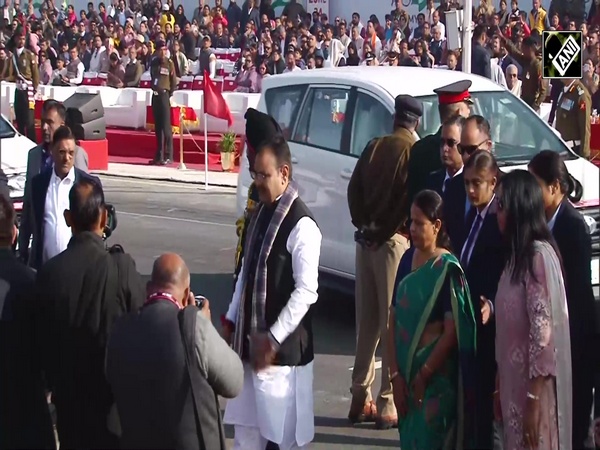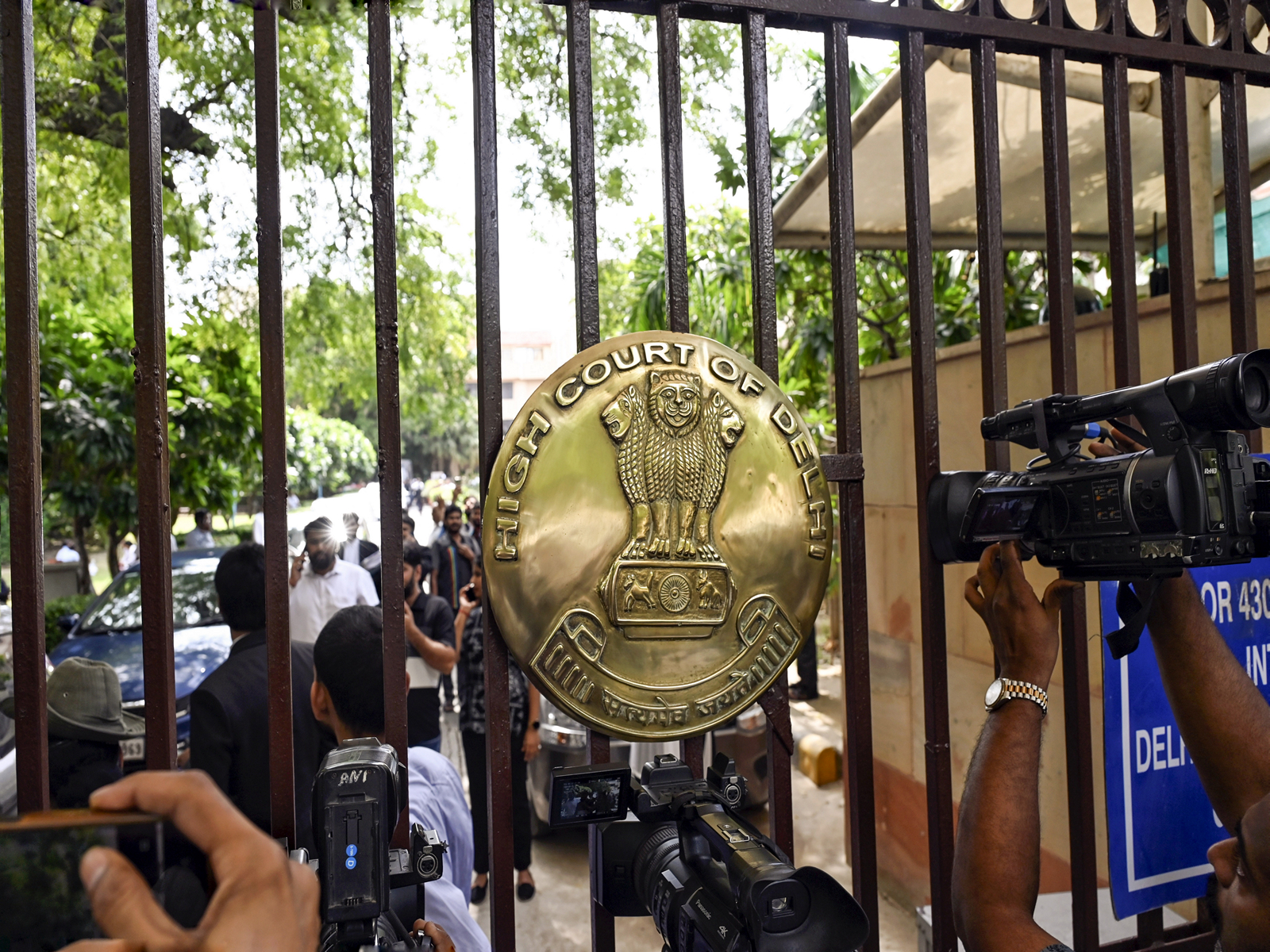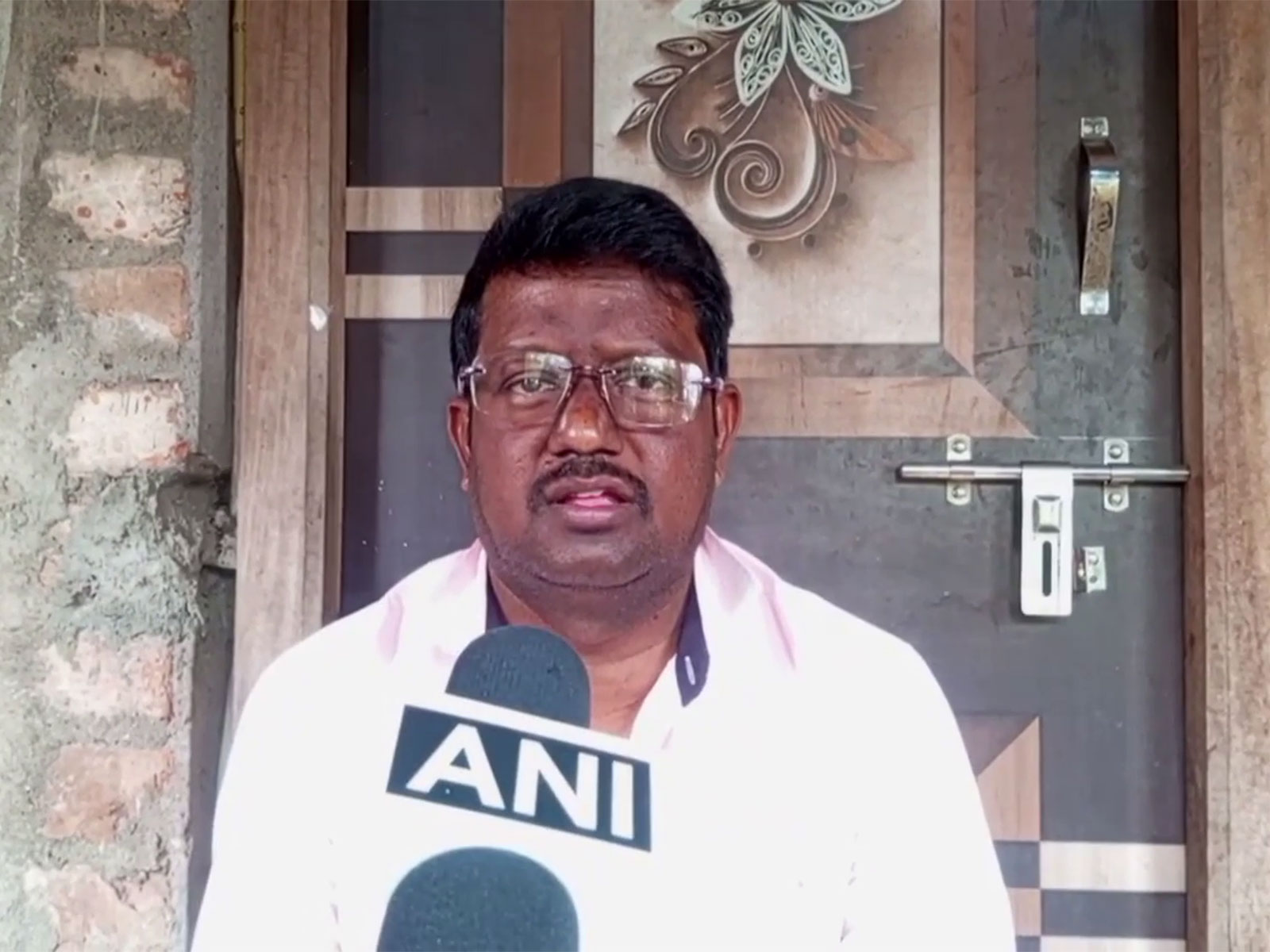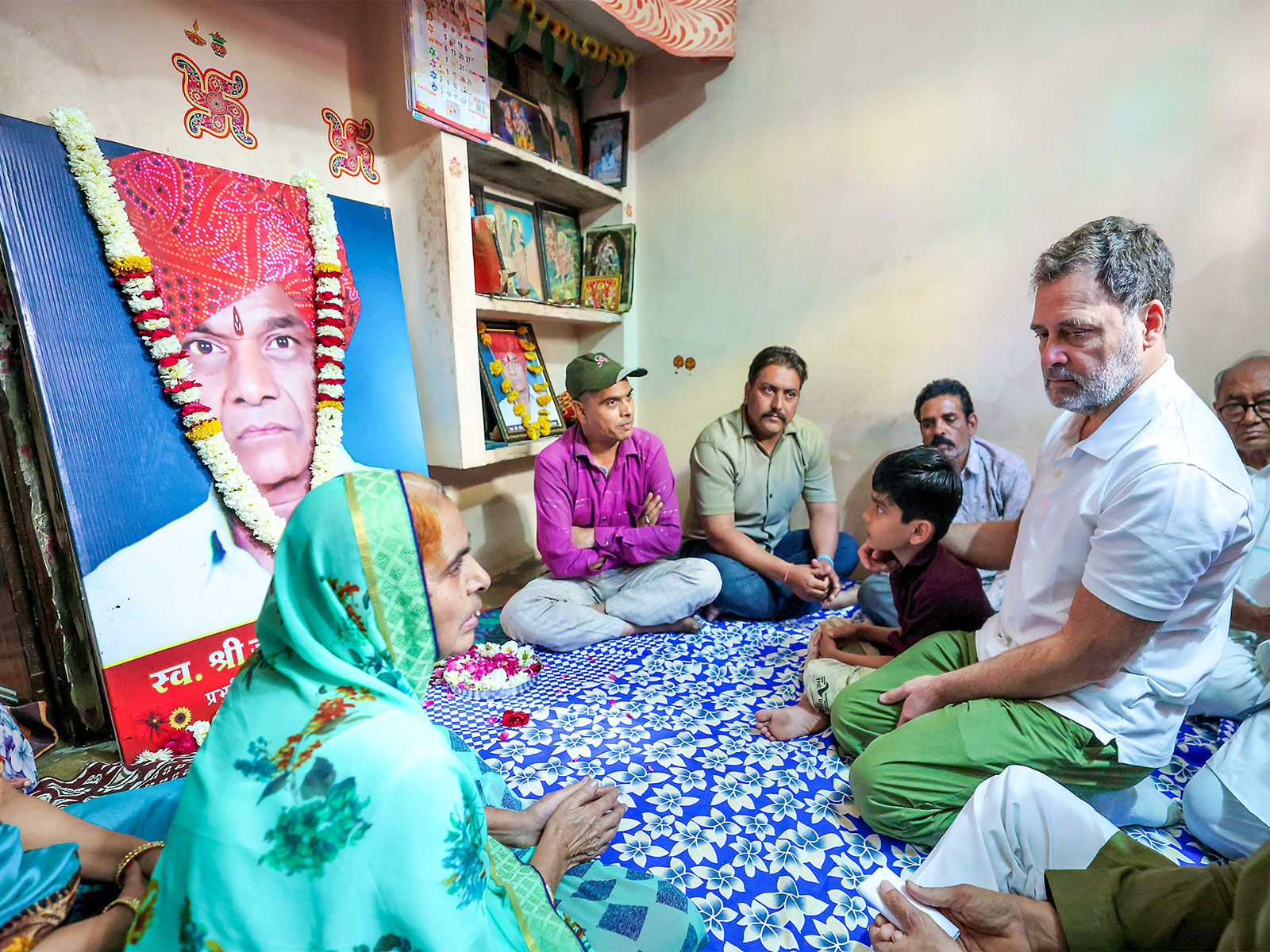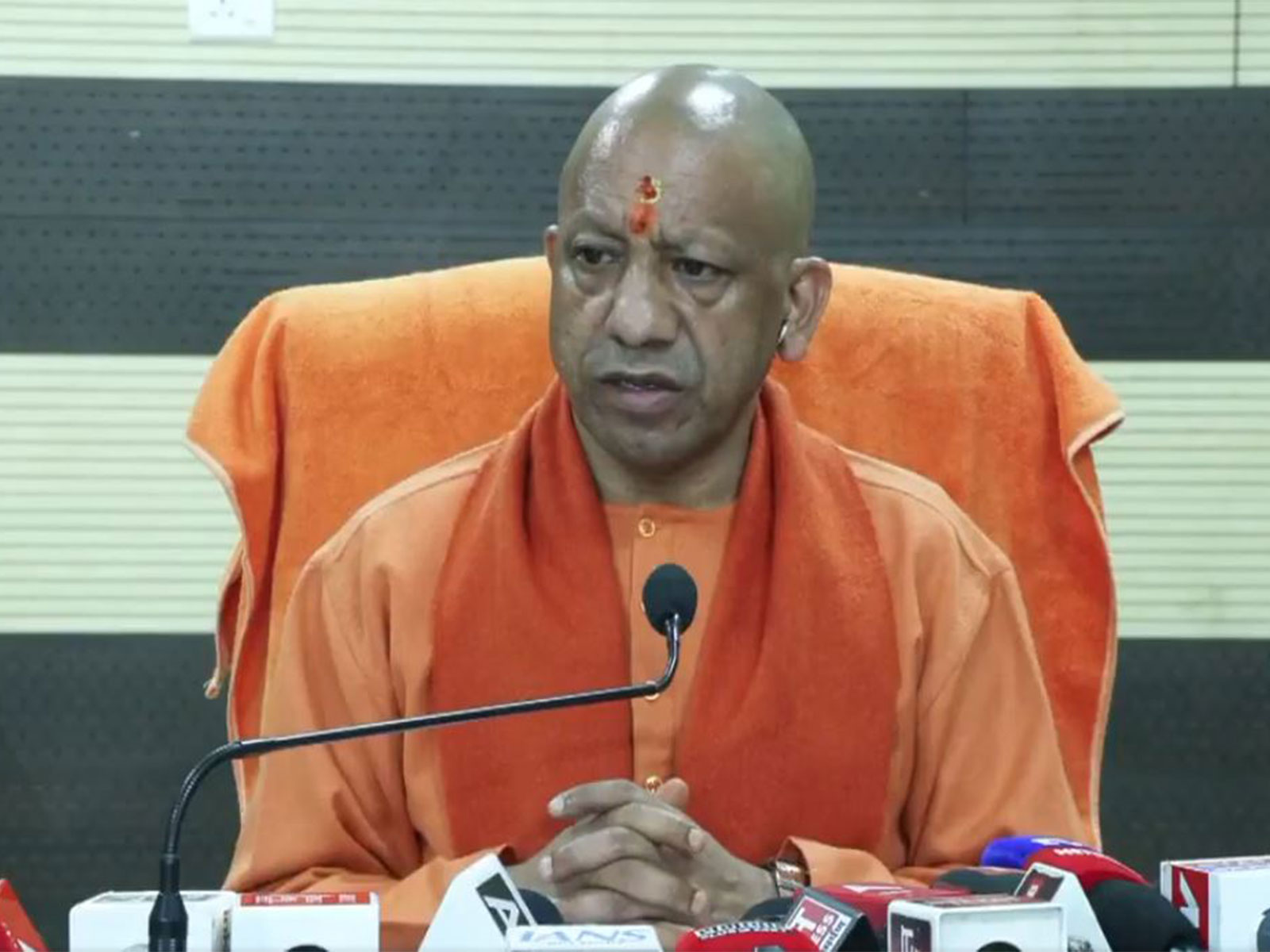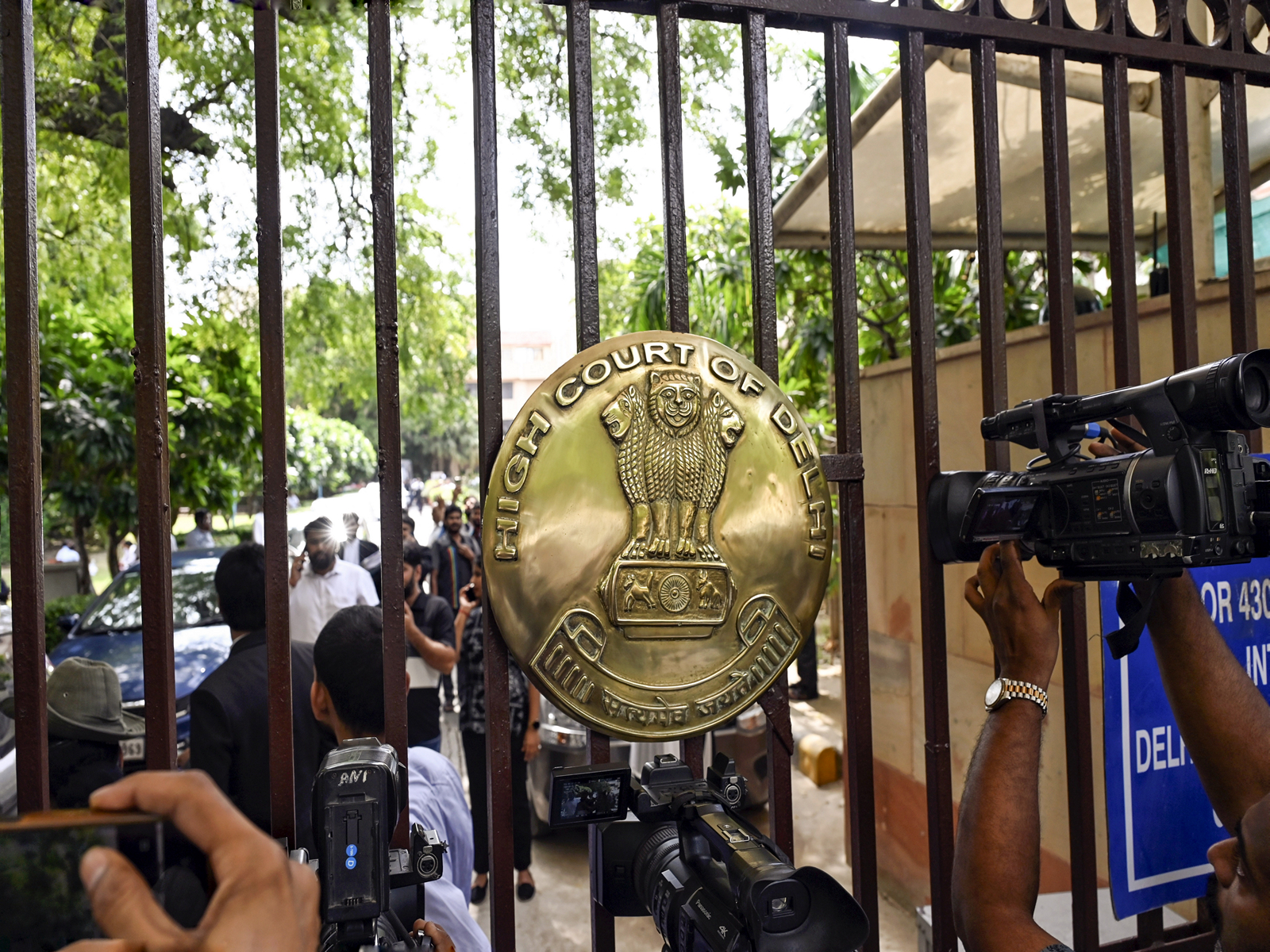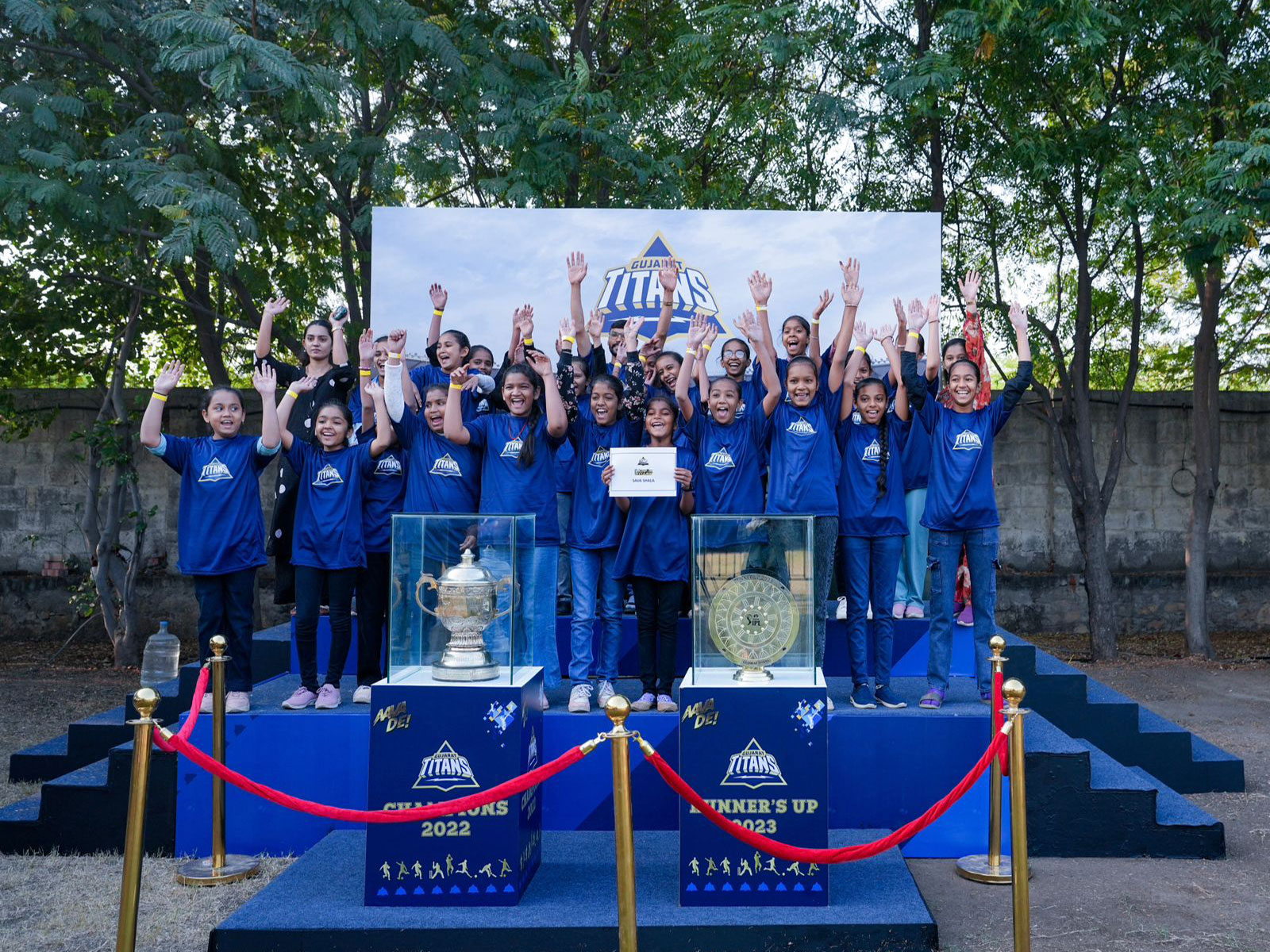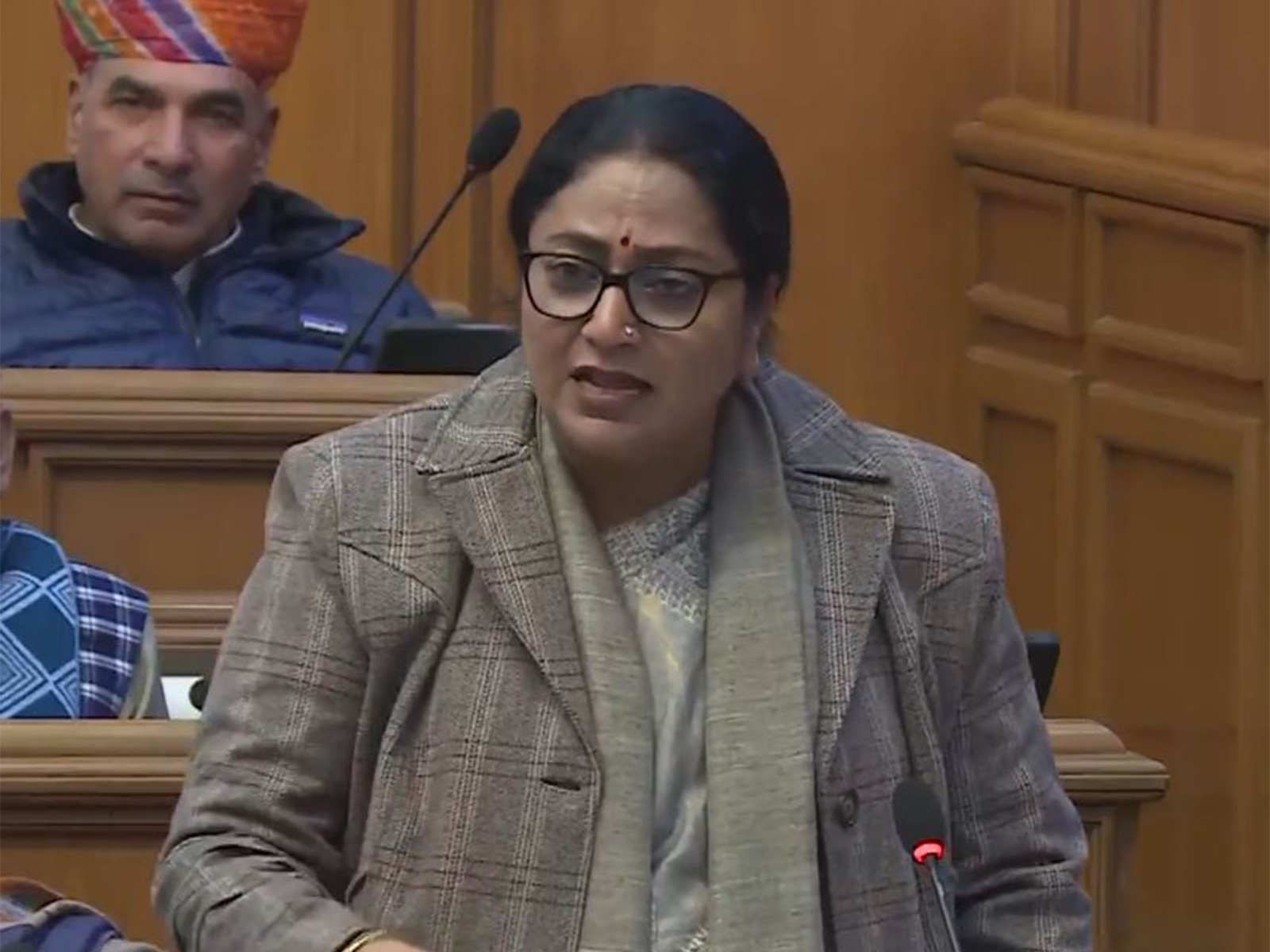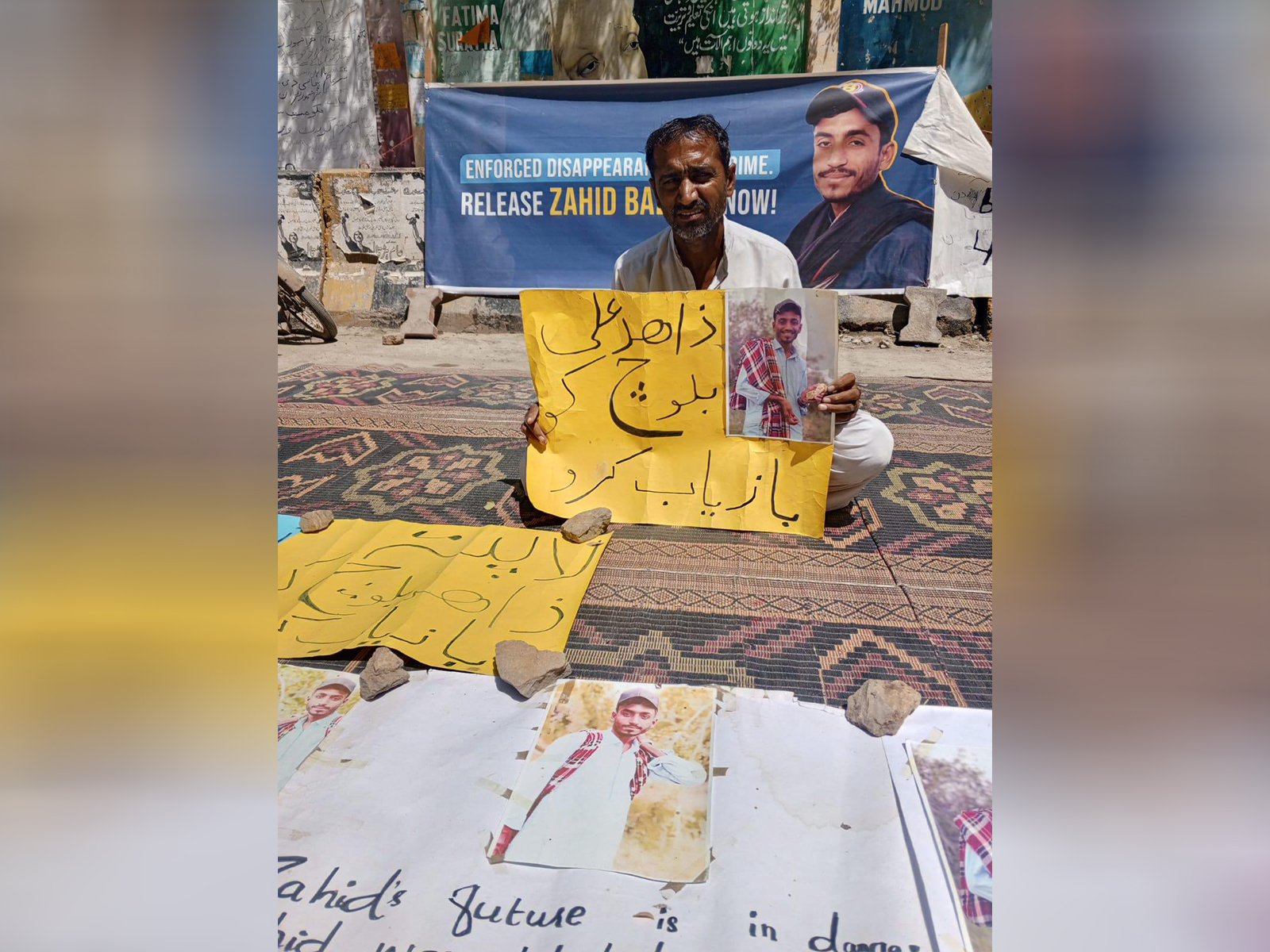
Sammi Deen Baloch condemns enforced disappearance of Karachi student
Sep 15, 2025
Quetta [Balochistan], September 15 : Prominent human rights activist Sammi Deen Baloch has strongly condemned the alleged enforced disappearance of Karachi University student Zahid Ali Baloch, calling it part of a systematic campaign of collective punishment against the Baloch people.
https://x.com/SammiBaluch/status/1967257329276981568?t=X-B_0ekKo1uYVVCe_IkN8Q&s=08
In a post on X, Sammi Deen Baloch stated, "Zahid Ali Baloch, a student of Karachi University who also drove a rickshaw to support his household and pay for his ailing father's treatment, was forcibly disappeared by security forces on July 17 of this year."
Highlighting the devastating impact on his family, Sammi stated, "For the past 40 days, his parents had been holding a protest camp outside the Karachi Press Club, demanding his safe return. But today, the sit-in was abruptly halted when Zahid's father, Abdul Hameed Baloch, fell critically ill. Already a hepatitis patient, weeks of protest and relentless mental stress further weakened his health, forcing his family to shift him from the protest camp to a hospital bed."
Criticising the apparent inaction of the state, Sammi wrote, "Enforced disappearances have become an unending wound in our lives, reopening with every passing day. When one person is forcefully disappeared, the entire family is dragged to the streets in search of justice. Yet, there are no serious efforts to end this cruelty, no remedy for the wounds it inflicts. This pain, this torment, has been imposed on the Baloch people as a form of collective punishment, a cruelty that continues to shatter our homes, one after another."
In an earlier post, Sammi Deen Baloch highlighted the ongoing peaceful protest by Baloch families in Islamabad, now marking two months, as part of a long-standing history of resistance against enforced disappearances. She emphasised that despite state apathy, broken promises, and harsh conditions, the families, especially the mothers of the missing, remain steadfast in their struggle. According to her, these protests are not driven by hope in the state, but are acts of resistance against decades of injustice, pain, and systematic silencing.
